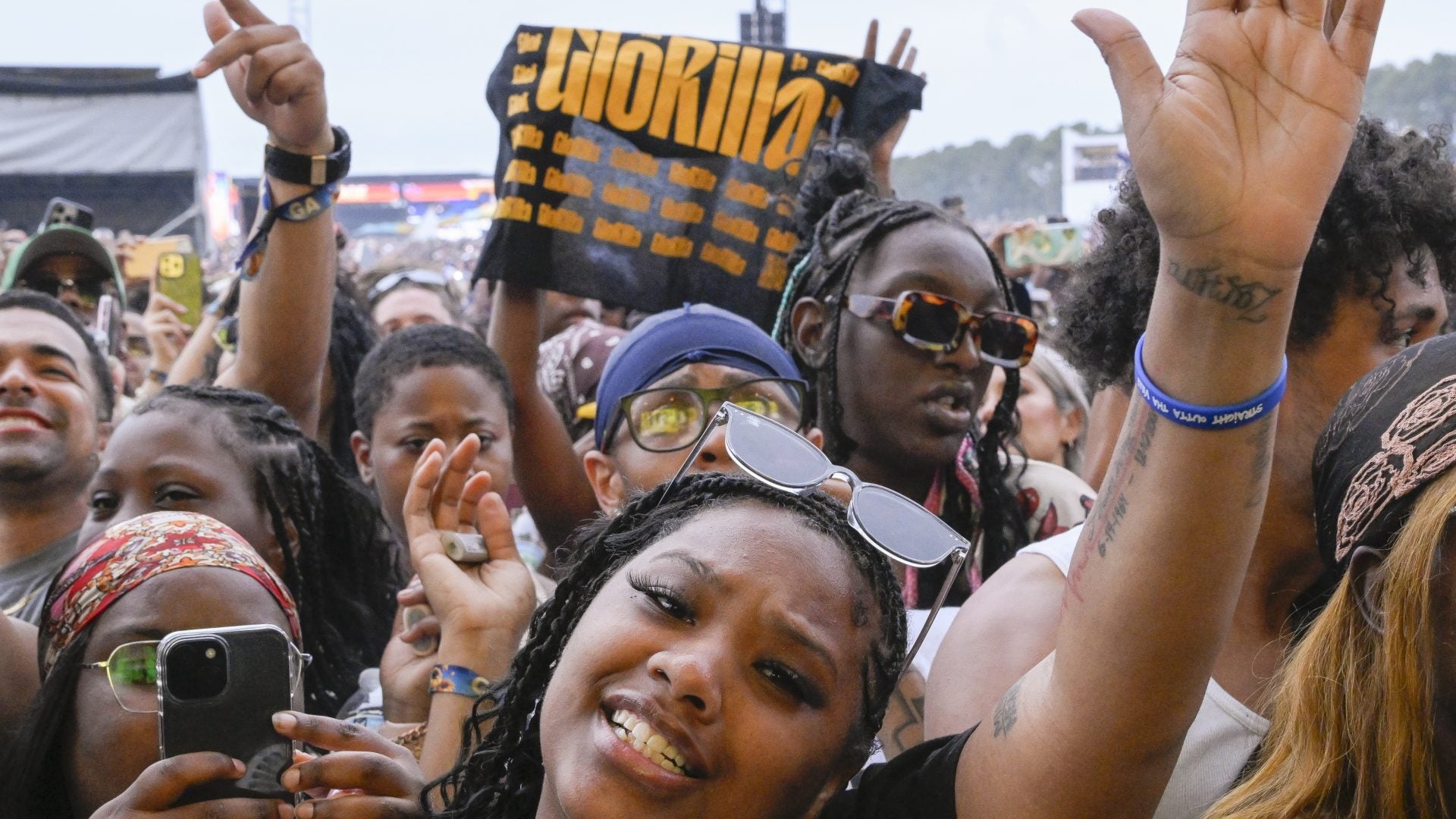
If you’ve seen the maelstrom of headlines around Silicon Valley Bank’s (SVB) implosion and thought, well, this doesn’t have anything to do with me, you may want to think again.
The bank became synonymous with “servicing the “innovative economy landscape,” and per its website, about 50% of all U.S. venture-backed tech and life-sciences companies were SVB banking customers with accounts valued in the millions.
The Federal Deposit Insurance Corporation, (FDIC)—which is basically the country’s bank insurer— only covers up to $250,000 and more than 90% of the money held at SVB was greater than the amount the FDIC would cover according to reports.
Why did SVB fail?
Silicon Valley Bank was adversely impacted by the downturn in tech stocks over the past year— as well as rising inflation and the Federal Reserve’s aggressive approach toward curbing it.
According to reports, SVB bought billions of dollars worth of bonds over the past few years, using customers’ deposits as cushion like the average banks would, but the value of the investments fell because they paid lower interest rates than what would normally be paid if they were issued in a normal economic climate.
The challenge came in when safe bonds were required to be sold at a loss, and those losses accumulated to point where Silicon Valley didn’t have enough money to make payroll for its employees.
On March 10 bank regulators swooped and seized Silicon Valley Bank’s assets to protect the deposits remaining at the bank. The remarkable move marks the second-largest bank failure in US history.
How has SVB’s collapse affected the Black community, if at all?
Silicon Valley Bank has been one of the most pivotal in aiming to help narrow the funding chasm for Black founders, with a number of its customers being those from underrepresented backgrounds. With what is already a nearly dry well, Black SVB customers are worried that its failure will cause a funding drought that’ll desecrate the already fragile ecosystem.
“I think that sometimes when people think of a tech founder or the tech sector, they think of Mark Zuckerberg,” said Tiffany Dufu in an interview with NPR. She founded The Cru, a startup thats supports women with their personal and professional goals.
She continued: “I am African-American and I have two school age kids. I’m in my mid-40s. Founders are people who have a problem they’ve identified that they’re trying to solve for a consumer. In my case, one in four women have considered leaving their jobs in the past year, and we partner with their employers to try to ensure that they have access to the resources that they need.”
Another Black founder, St. Louis native Ciara May told Techcrunch she’d just touched down in Atlanta when she started receiving a flood of emails from investors about SVB.







Her company Rebundle’s SVB account sat at about $250,000 at the time of the implosion. After realizing that her funds might not have been insured, she became desperate to move them.
“I guess wires take time, like, to get anything that would be uninsured out,” she told TechCrunch. “I never thought about the need to have more than one bank account for a company.”
On March 13, President Biden addressed the issue in an attempt to reassure panicked Americans that the U.S. banking industry was safe, quipping that customers’ deposits will “be there when you need them.”






